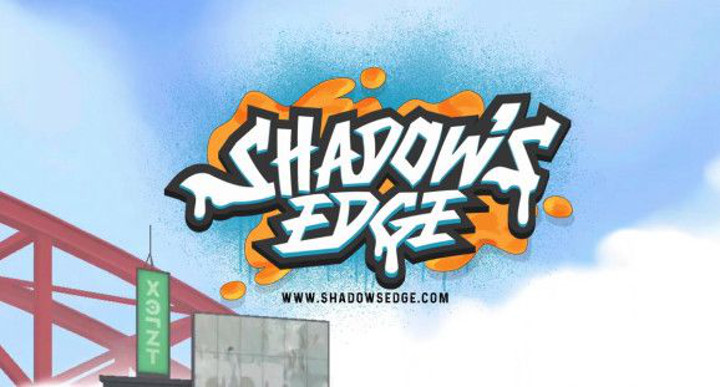
Originally based on the journaling book, Digging Deep: A Journal for Young People Facing Health Challenges by Rose Offner, MFA, and Sheri Brisson, MA, Shadow’s Edge, a mobile game from the Digging Deep Project, was designed to help children and teenagers cope with the isolation and depression of suffering from a chronic and/or terminal illness.
Shadow’s Edge tasks the player with rebuilding a city ravaged by a storm while asking a series of questions designed to promote introspection but also outward thinking. Answers to these questions can be written in an in-game journal. The receives a can of spray paint in return, which they can use to mark buildings that need restoration.
The intent here is to reinforce the player’s self-awareness and focus them on their positive impact on the world around them, giving them agency at a time when things might seem hopeless.
Since the COVID-19 pandemic, the game has been modified to address the emotional impact on teens of having to remain isolated in an uncertain time, as well as the stresses of remote learning and the feeling of falling behind in their education.
In an interview with Healios.com the producer of Shadow’s Edge, Rosemary Lokhorst, stated:
Shadow Edge’s appropriateness for helping players cope with isolation, desolation and fear was validated in a 2017 study with the University of Twente. She said after 5 weeks, more than 75% of the 55 participants — all patients with emotional and/or physical challenges — reported increases in traits such as optimism, mindfulness, awareness and positive self-identity. The results of a 12-month validation at Ann & Robert H. Lurie Children’s Hospital of Chicago that wrapped up earlier this year with 192 patients in remission or final treatments for a disease should be published in August.
This is an interesting concept, as I’ve always found that video games are a unique medium in the way they can impact the people who play them. Because they are interactive, they offer immediate feedback, emphasizing cause-and-effect relationships in a way that feels much more concrete than the written word. Will we someday see video games replace self-help books and websites? That’s maybe a stretch, but who knows?